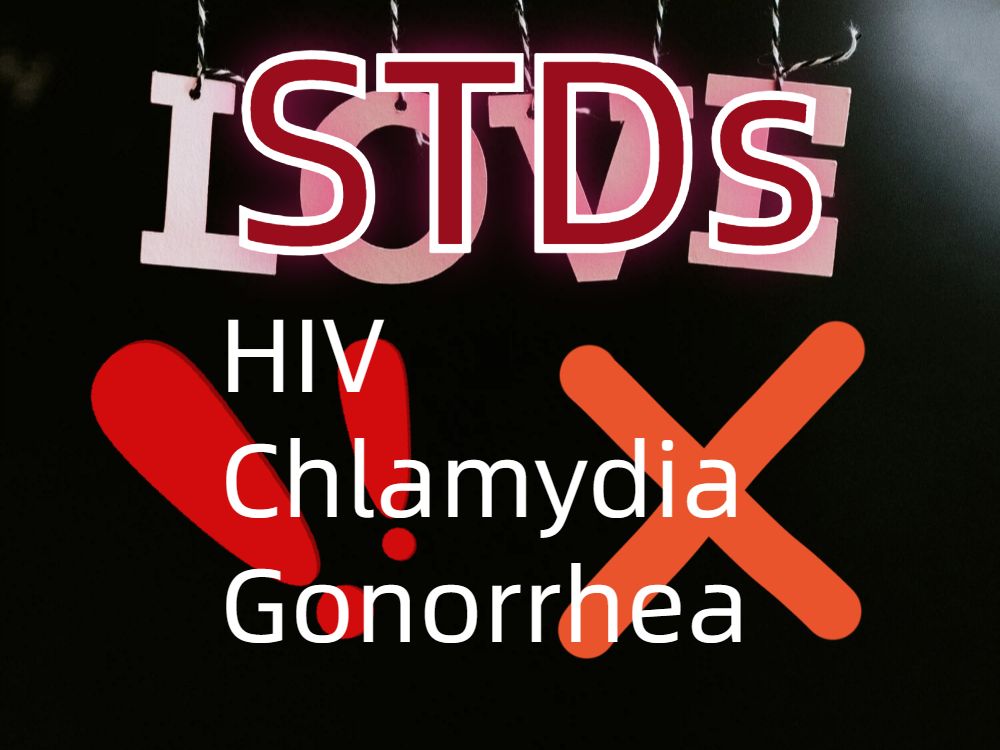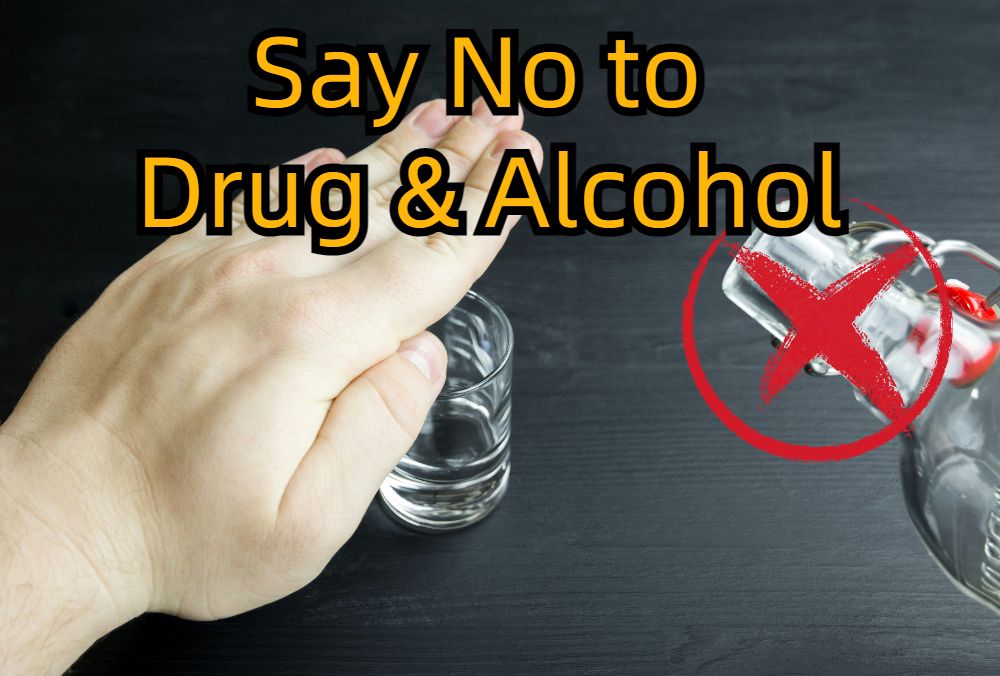What is Sexual Health
Sexual health is a multifaceted aspect of overall well-being that encompasses physical, mental, and emotional dimensions. Beyond the mere absence of illness, it entails cultivating a healthy and respectful mindset towards sexuality and interactions of an intimate nature. In this blog, we will explore the various aspects of sexual health and why it is crucial for individuals to prioritize it in their lives.
Why Sexual Health is Important?
It plays a crucial role in shaping individuals' experiences, relationships, and sense of self. Understanding why sexual health is important is essential for recognizing its impact on various aspects of our lives and prioritizing it as a fundamental aspect of self-care and personal empowerment.
Physical Well-being
One of the primary reasons sexual health is crucial is its impact on physical well-being. Maintaining sexual health involves practices such as safe sex, regular STI testing, and access to reproductive health services. Those who prioritize sexual health can mitigate their susceptibility to sexually transmitted infections (STIs) and sexual dysfunction. Swift identification and intervention of STIs are pivotal in averting complications and safeguarding reproductive well-being.
Tips to Keep Physical Health
- Practice Safe Sex

Always use condoms or other barrier methods during sexual encounters to prevent the transmission of sexually transmitted infections (STIs), including HIV. When using condoms, use water-based lubricants to minimize friction and the chance of condom breaking.
- Undergo Regular STI Testing

Schedule routine STI screenings, including tests for HIV, syphilis, gonorrhea, chlamydia, and hepatitis, as recommended by healthcare professionals. Swift recognition and intervention for STIs are imperative to sustain bodily health and mitigate the dissemination of disease.
- Communicate with Partners
Discuss sexual histories, STI statuses, and preferences with sexual partners openly and honestly. Establishing a common awareness of safe sex practices and identifying potential dangers can be facilitated by effective communication.
- Safeguard Your Exploration of Sexual Diversity
Employ adequate water-based lubrication during anal sex to minimize friction and decrease the potential for tears or abrasions, promoting a safer and more enjoyable experience. Start with smaller objects or fingers before using larger toys or engaging in penetrative sex to gradually stretch the muscles and reduce discomfort.

- Limit Substance Use
Avoid excessive alcohol or drug use before or during sexual encounters, as substances can impair judgment, decrease inhibitions, and increase the risk of engaging in risky sexual behaviors. Practice moderation and prioritize clear-headed decision-making to protect physical health.

- Prioritize Hygiene
Maintain good personal hygiene, including regular bathing and cleaning of genital and anal areas, to reduce the risk of bacterial or fungal infections. Wash sex toys before and after use with mild soap and warm water to prevent the spread of bacteria or viruses.
- Seek Professional Help When Needed
If experiencing symptoms of a sexually transmitted infection or sexual dysfunction, seek prompt medical attention from a healthcare provider experienced in LGBTQ+ healthcare. Prompt action can avert issues and enhance the results of therapy.
Mental and Emotional Well-being
Mental health plays a significant role in sexual health, influencing sexual desire, arousal, and satisfaction. Relationships and sexual function can be impacted by variables like stress, anxiety, sadness, and trauma. Prioritizing mental health via counseling, self-care, and support services can lead to better results for sexual health. People can have more satisfying sexual experiences and improve their general quality of life by taking care of their mental health issues.
Positive sexual experiences contribute to feelings of happiness, fulfillment, and self-esteem. Conversely, negative experiences or unmet sexual needs can lead to stress, anxiety, and depression.
Tips to Keep Gay Mental Health
- Seek Supportive Communities
Surround yourself with supportive friends, family members, and community groups that embrace diversity and acceptance. Building relationships with individuals who have shared similar experiences can offer a sense of belonging, affirmation, and empathy.
- Exercise self-compassion
Be kind, understanding, and accepting of yourself, especially when you are experiencing difficulties or disappointments pertaining to your sexual identity or health. Be gentle with yourself and adopt self-care habits that promote your mental well-being.
- Talk Honestly

Encourage frank and open discussion about your desires, limits, and worries with your sexual partners. Establishing clear communication channels allows for mutual understanding and respect, leading to healthier and more satisfying sexual experiences.
- Address Internalized Stigma
Recognize and challenge any internalized stigma or negative beliefs about your sexual orientation or identity. Seek support from mental health professionals or support groups to process and overcome feelings of shame, guilt, or self-doubt.
- Get Mental Health Support
If you're having mental health issues relating to your sexual identity or health, don't be afraid to get expert assistance. Counselors and therapists who are accepting of the LGBTQ+ community can offer discreet assistance and direction catered to your particular needs and experiences.
- Embrace Your Authenticity
Embrace your authentic self and recognize the beauty in the diverse range of gender identities, sexual orientations, and expressions within the LGBTQ+ community. Recognize that your sexual orientation is a natural and valid aspect of who you are, deserving of acceptance, respect, and affirmation.
Conclusion
In conclusion, prioritizing gay sexual health is essential for individuals within the LGBTQ+ community to lead fulfilling, satisfying, and empowered lives. By understanding the importance of sexual health and incorporating strategies such as safe sex practices, regular STI testing, open communication, and self-compassion, individuals can enhance their overall well-being and quality of life. It is crucial to address internalized stigma, seek supportive communities, and access inclusive healthcare services to ensure that everyone has equitable access to sexual health resources and affirming care.
Keep in mind that maintaining your sexual health is a process, and it's acceptable to ask for help, look for resources, and seek assistance when needed. By prioritizing our sexual health and well-being, we are not only investing in ourselves but also contributing to a healthier, happier, and more inclusive world for generations to come.







